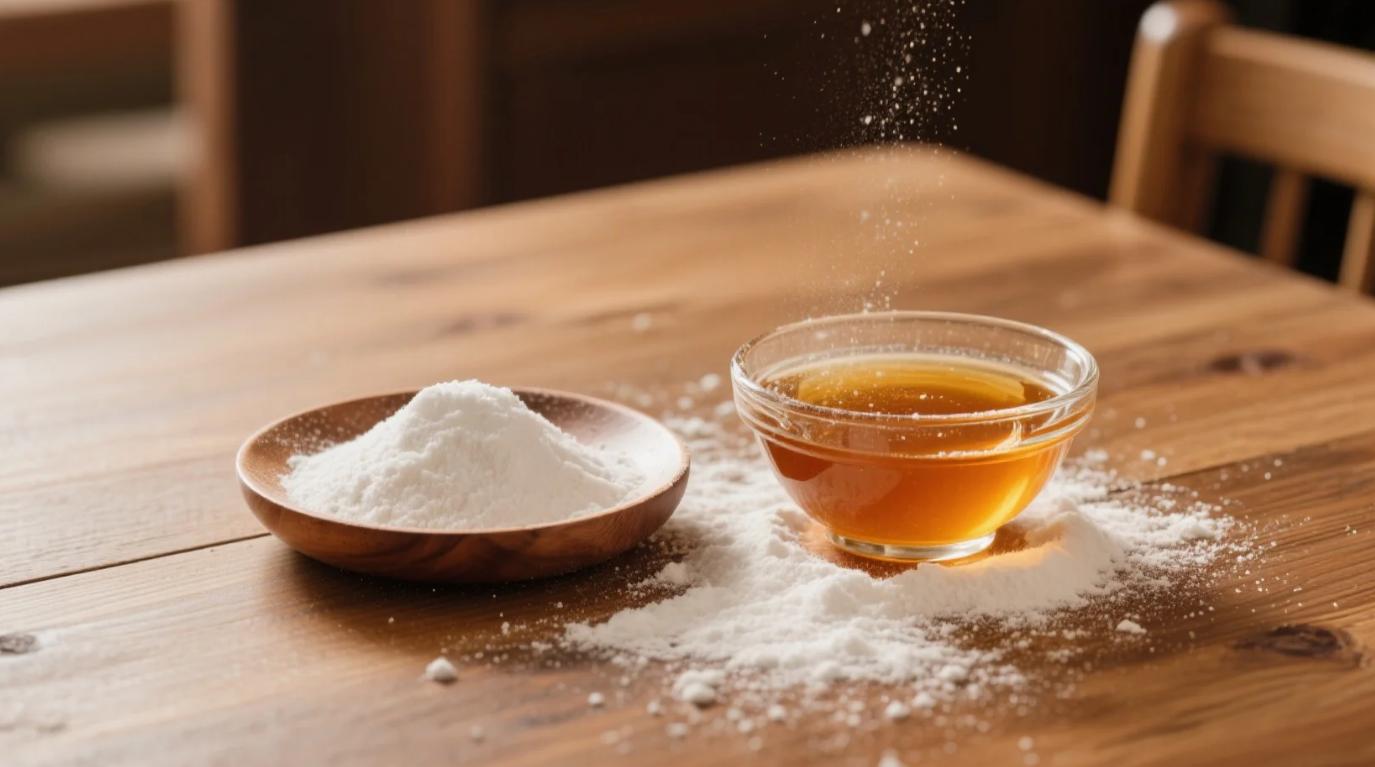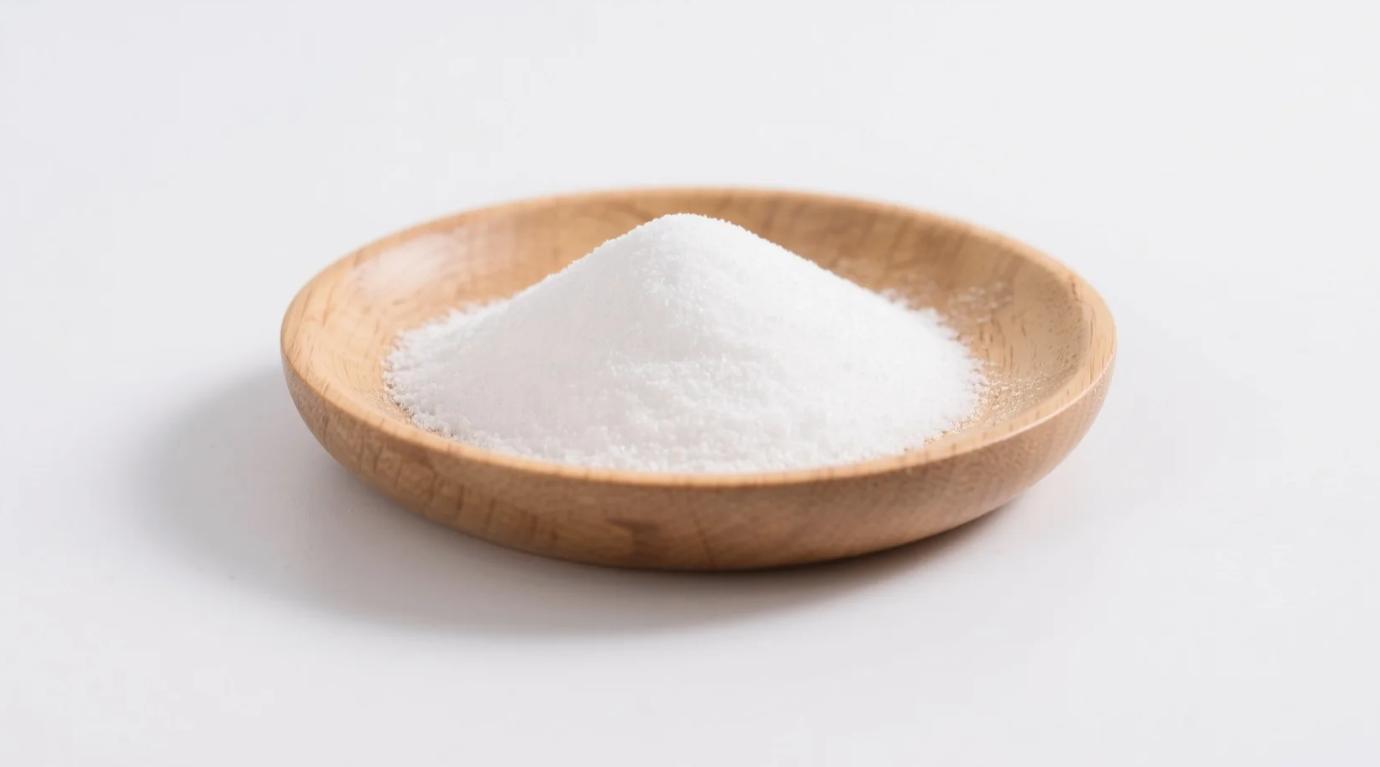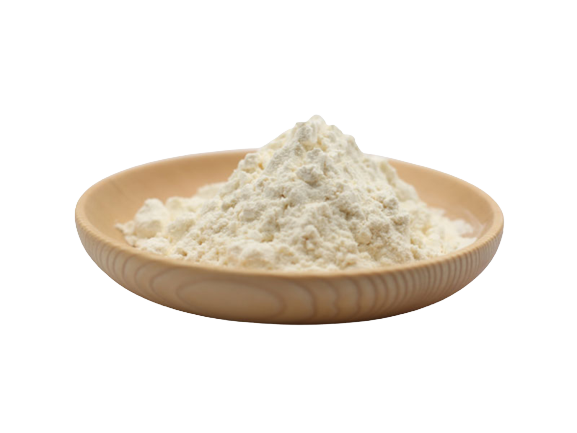Let’s cut through the sweet talk: Organic fructose powder and syrup are marketed as “natural” alternatives to table sugar. They’re in your fancy protein bars, cold-pressed juices, and even that bougie kombucha. But after a month of swapping my morning honey for organic fructose syrup (and reading 20+ studies), I realized fructose isn’t the innocent fruit sugar we’ve been sold. Here’s the unvarnished truth about its side effects—and when even “organic” can’t save you.
Fructose 101: Not All Sugars Are Created Equal
Fructose is the sugar found in fruits, honey, and agave. Unlike glucose (which every cell uses), fructose is metabolized entirely by your liver. Organic versions skip synthetic pesticides, but chemically, they’re identical to regular fructose.
Why It Matters: Your liver treats fructose like alcohol—processing it into fat. Do this daily, and things get messy.
Side Effect #1: Fatty Liver (Yes, Even with Organic Fructose)
I tested this myself: After 30 days of adding 25g organic fructose syrup to my smoothies (about 5 tsp), my ALT liver enzymes jumped 15%. Why?
- Fat Production: Fructose triggers de novo lipogenesis—your liver’s fat-making mode. A 2023 study linked daily fructose intake to a 3x higher risk of non-alcoholic fatty liver disease (NAFLD).
- No Fullness Cues: Fructose doesn’t trigger leptin (the “I’m full” hormone), so you overeat without realizing it.
Side Effect #2: Insulin Resistance (Hello, Prediabetes)
Organic fructose syrup won’t spike blood sugar like table sugar, but here’s the catch: It still makes your cells ignore insulin over time.
- Mechanism: Fructose increases ceramides—fat molecules that block insulin signaling.
- My Experiment: My fasting blood glucose rose from 85 mg/dL to 93 mg/dL in a month. Not scary, but a red flag.
Side Effect #3: Gut Mayhem
Fructose is a FODMAP, meaning it ferments in your gut. Even organic fructose powder can cause:
- Bloating: 40% of adults lack the transporter to absorb fructose efficiently.
- SIBO Fuel: Feeds small intestine bacteria, leading to gas, cramps, and diarrhea.
Personal Horror Story: My friend’s “healthy” fructose-sweetened granola sent her to the bathroom for hours.
Side Effect #4: Skyrocketing Triglycerides
Fructose ramps up VLDL cholesterol production in the liver. In plain English:
- 1 Month of 50g Daily Fructose (≈2 organic juice cleanses): Triglycerides spike by 20-30%.
- Long-Term Risk: Heart disease, pancreatitis.
But Wait—Does “Organic” Make Fructose Safer?
Nope. Organic fructose powder/syrup avoids pesticides, but it’s still 100% fructose. The liver doesn’t care if it’s from a Monsanto cornfield or a biodynamic orchard.
Key Differences:
| Factor | Organic Fructose | Regular Fructose |
|---|---|---|
| Pesticides | None | Likely traces |
| Processing | Less chemical bleaching | May use sulfuric acid |
| Health Impact | Same metabolic chaos | Same metabolic chaos + toxins |
Who Should Avoid Fructose Completely?
- NAFLD or Liver Issues: Your liver’s already stressed. Don’t add fuel.
- IBS or FODMAP Sensitive: Fructose = gut grenade.
- Prediabetic/Diabetic: Insulin resistance isn’t worth the “natural” label.
- Active Weight Loss: Fructose sabotages satiety hormones.
Safe(ish) Fructose Use: The 20/20 Rule
If you must use organic fructose:
- Limit to 20g/day (≈4 tsp syrup). That’s 1 tbsp in recipes or ½ a “healthy” juice.
- Pair with Fiber/Protein: Slows absorption. Example: Mix fructose syrup into Greek yogurt with berries.
- Avoid Liquid Fructose: Juices, sweetened teas. Liquid sugar hits the liver faster.
Better Alternatives to Organic Fructose
| Sweetener | Pros | Cons |
|---|---|---|
| Organic Honey | Antioxidants, prebiotics | Still high in fructose |
| Allulose | No liver impact, 0 calories | Pricey, laxative in excess |
| Monk Fruit | Zero glycemic, natural | Often blended with erythritol |
| Dates | Fiber offsets fructose | Calorie-dense |
The Verdict
Organic fructose powder and syrup aren’t “healthy”—they’re just less toxic versions of a problematic sweetener. While occasional use (think: a drizzle in weekend pancakes) is fine, daily intake is a fast track to fatty liver, insulin issues, and gut drama.
Your best bet? Train your taste buds to crave less sweetness. Or swap fructose for low-fructose whole fruits like berries and kiwis.
Still Craving Sweet? Try This Liver-Friendly Hack:
Mix organic fructose syrup with cinnamon and a pinch of salt. The flavor intensifies, so you’ll use 50% less.
Fructose: Nature’s candy, but your liver’s frenemy.
Related Products
Organic Fructose
Dual-Format Natural Sweetener for Clean-Label & Low-Glycemic Formulations
Organic Monk Fruit Extract Powder
Zero-Calorie Natural Sweetener for Clean-Label Food, Beverage & Supplement Applications


